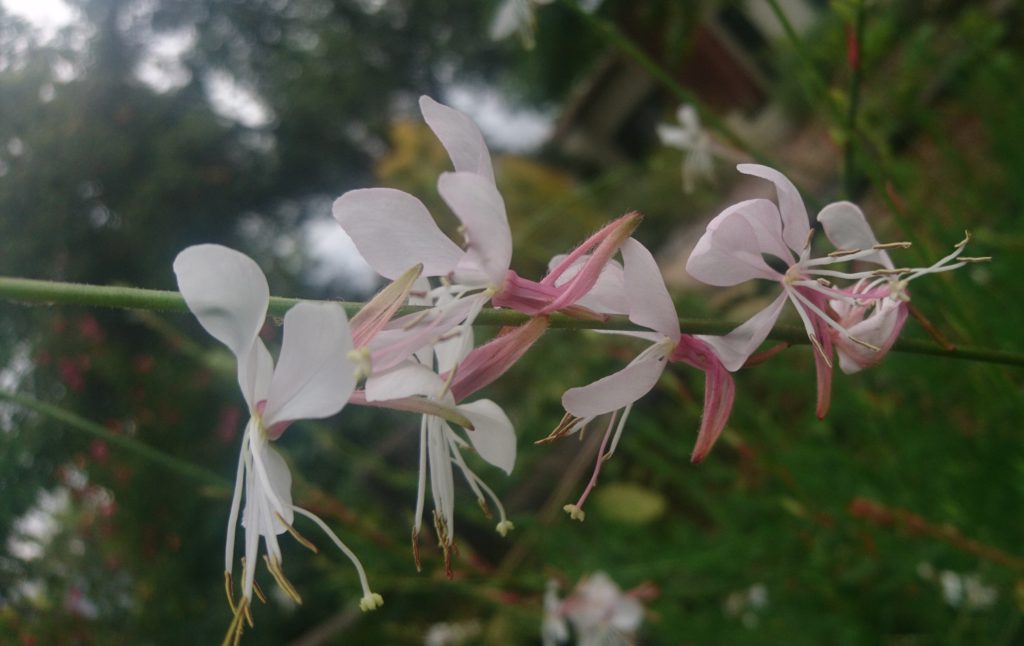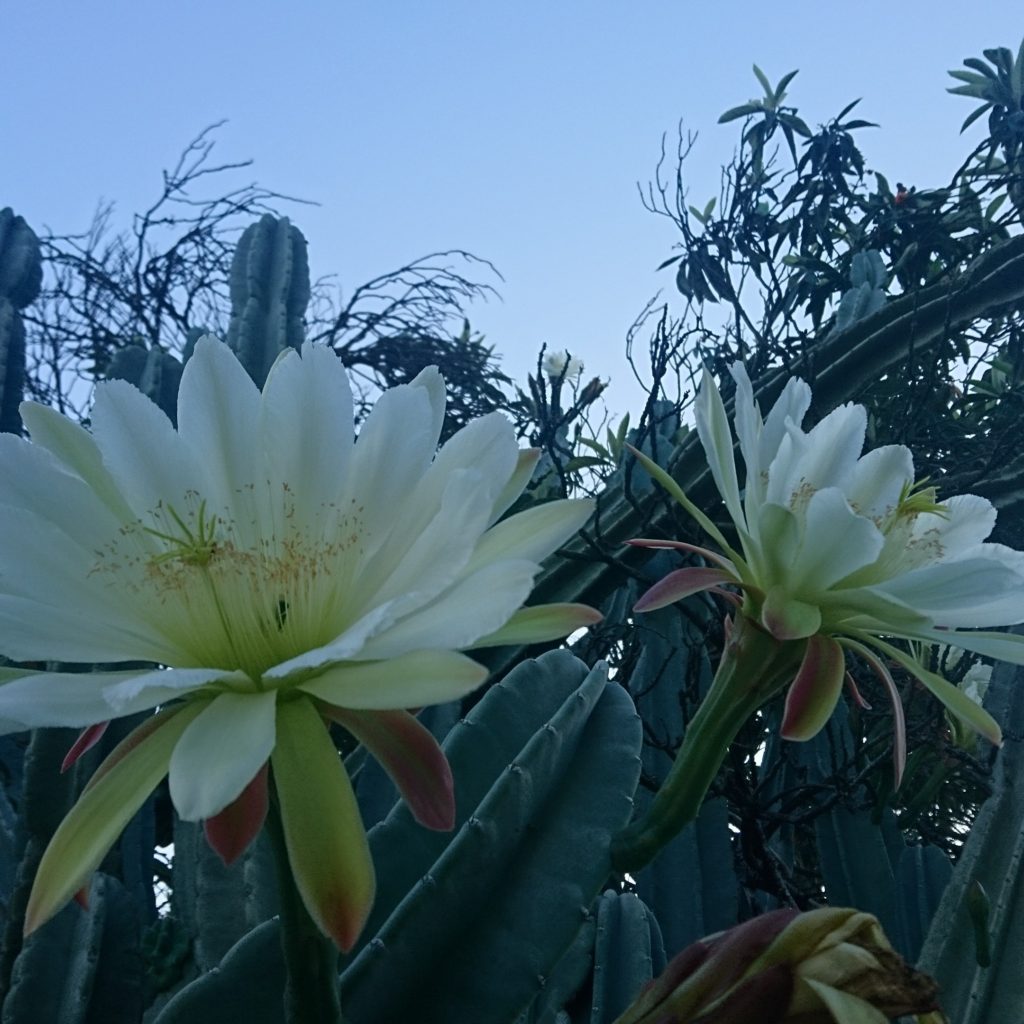This is an English translation of an article published in Nikkan San on June 4, 2020, as a part of my column, “The Way of the Pianist.
I am moved to tears during practice, sometimes. Once, when I was practicing a Chopin prelude, I had to stop playing, go to the corner of the room, and just weep. I felt Chopin’s sentiment that moved him to write the piece, and it resonated with my friend’s struggle with an illness she eventually succumbed to.
We see ourselves in each other. We feel others’ joy and grief as our own – where does our ability to empathize come from? One clue to the mechanism of empathy is in mirror neurons. For example, when I see you talking, my brain acts as though I am pronouncing the words that you are saying. This is the work of mirror neurons. It allows me to not only understand what you are saying, but also the intentions and the emotions behind your words. There has been many studies over the years on the connection between music and mirror neurons, but for sure, it encourage us to be more empathetic.
It is easy to empathize with people displaying enjoyable emotions, but it takes courage to empathize with those struggling with challenges. When we witness suffering, we do have the choice to distance ourselves from it. However, this is not sustainable, because we know that our turn will come. When we distance ourselves from those who are suffering, we are forcing ourselves to acknowledge that people may distance themselves from us when we need them the most. On the other hand, if we can help relieve others in their suffering, it empowers us with confidence and humanity.
“Why do people like sad music?” A few years ago, my eight-year-old student asked me. Ever since then, I have been pondering on this rather profound question. Today, while much of our nation is under curfew because of people protesting on the streets demanding their equal rights, I wonder if sad music prepares us to empathize with sufferings of others. We, as global citizens, share our space and time. Governor Newsom said today in his statement how “we are one body. If one part suffers, we all suffer.” Through the power of empathy, we must restructure our society so that sharing our joys can encourage and inspire us to share our burdens. I will continue to do my part as a musician to encourage us to dream about our future.

In the video below, I talk more about promoting music as a healing agent.
